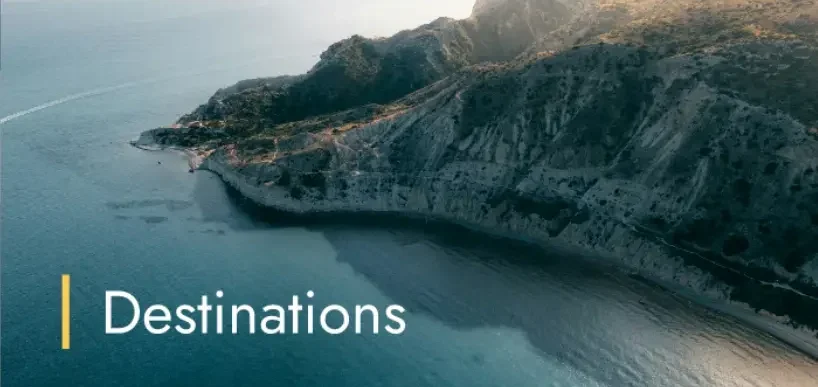Ecotourism in Algeria: responsible travel to the heart of a Mediterranean treasure
Africa’s largest country and the Mediterranean’s hidden gem, Algeria invites responsible travel, between infinite dunes, wooded mountains, and centuries-old villages. Here, ecotourism takes on its full meaning.
Hiking in Tassili n’Ajjer National Park, sharing mint tea in an M’Zab oasis, exploring the colorful markets of Kabylia: each experience supports local communities and preserves ancient crafts.
It also means respecting nature: observing gazelles in the Hoggar or Djurdjura macaques without disturbing their habitat, treading lightly on trails, and limiting one’s impact. The mindful traveler also knows how to extend a helping hand to living beings, by offering—when possible and safe—a little water to a thirsty stray dog, or some food to a street cat.
Traveling in Algeria with respect means committing to protect a unique natural and human heritage, so that this authentic country remains, tomorrow still, a land of wonder.
Take euros to change on site.
Keep cash: ATMs are limited to big cities.
Secure your cash by distributing it (bag, pocket, chest).
Check your bank limits and fees before departure.
Change only in reliable offices, never on the street.
Withdrawal limit: €1,000 or 10,000 DA without proof.
